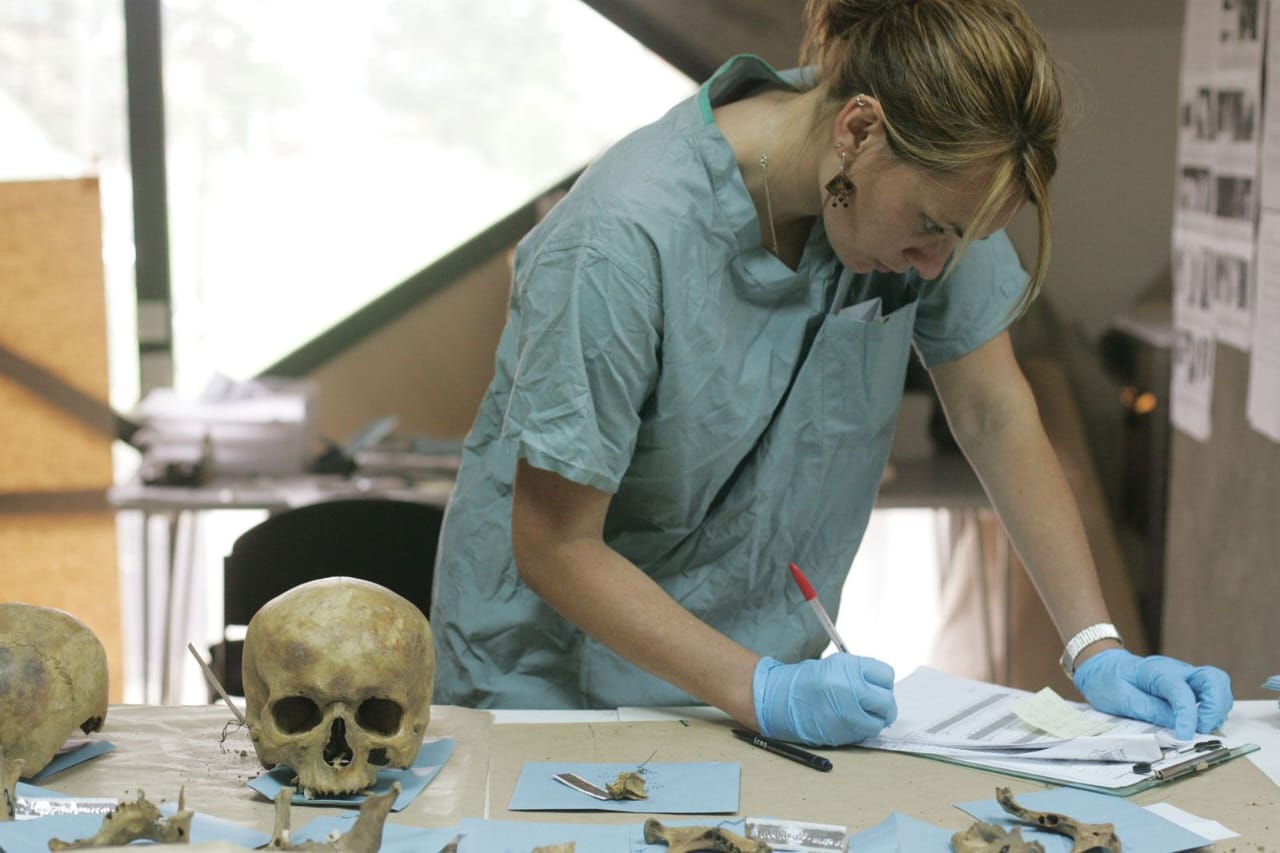
Anthropology, a word that
originated in Greek, has 'anthropos' and 'logy' which mean 'human' and 'the
study of' respectively. To come up with a definition, anthropology is the study
of humans. The study of humanity, understanding cultures, and identifying
aspects of being human. There are people who conduct anthropological studies -
The Anthropologists. This is a vast domain, mainly classified into physical and
cultural anthropology. Physical anthropology can also be called biological
anthropology. Now, let's dwell on the study that explores the unity and diversity
of human cultural behaviour as exemplified in the widest variations in which
this behaviour has been manifested: cultural anthropology.
The study of living
civilisations and what unites and divides them is known as cultural
anthropology. The documentation of the entire spectrum of human cultural
achievements and adaptations is the primary goal of cultural anthropology. Sir
Edward Tylor gave one of the first definitions of "culture" in
anthropology, defining it as the complex whole that consists of all the skills
and habits that a person acquires as a part of a society, including knowledge,
beliefs, art, morals, law, and customs. Cultural anthropology began to have a
more pluralistic view of cultures and societies in the 20th century. When
individuals began to wonder which cultures are primitive and which are
civilised, cultural anthropology began to flourish. Ethnologists put forth
their own theories in an attempt to answer these queries. Cultural relativism
was championed by these ethnologists and their pupils. Cultural relativism is
the idea that an individual can only comprehend the views and actions of others
within the framework of the culture in which they were raised or currently
reside.
THE FOUNDATIONAL THINKERS: Morgan contended that
there were stages of cultural evolution that human cultures may fall into,
ranging from savagery to barbarism to civilization. The 'Four Field Technique'
was proposed by Franz Boas, the Father of American Anthropology. Its roots are
in Boasian anthropology, which splits the field into four subfields:
biological, linguistic, socio-cultural, and archaic.
The study of human societies and
their customs and traditions, or cultural anthropology, can provide important
insights to support forensic investigations. Despite not being a direct
component of forensic science, this plays a significant role in forensics. Some
of the ways in which cultural anthropology contributes to forensic
investigations are:
Grasping customary behaviours: Forensic anthropologists can appropriately interpret rituals and
traditions by having a thorough understanding of them, preventing
misinterpretations that would imply foul play.
Interpreting things' language: From
context to hints Cultural anthropologists can give enigmatic objects found at
murder scenes additional significance and can turn symbols and artefacts into a
story.
Deciphering social interactions:
Investigators can reduce the number of possible suspects or victims by
dissecting a culture's social hierarchies, family relationships, and gender
roles.
Without
cultural anthropology, the human element can be overlooked in forensic science.
Translating cultural practices, symbols, and social processes that impact crime
scenes, anthropologists play a translational role. In our culturally diverse
society, having a larger picture aids investigators in analysing evidence,
identifying suspects or victims, and ultimately solving crimes. The unique
perspective of cultural anthropology will become more and more necessary as
forensic science progresses.
Written by: Ms. RASHMI R, Volunteer-AFRS


